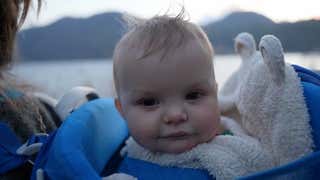TOP STORY

Westport 14-Day Weather Forecast
Check out the weather forecast for the next two weeks in Westport. Detailed daily weather will help you plan ahead for sunny, cloudy, rainy, or cold days! Day 1: Saturday, March 22, 2025 Weather: Afternoon clouds High Temperature: 12°C Low Temperature: 5°C Wind Speed: 21 km/h Precipitation Chance: 6% Humidity:...


























